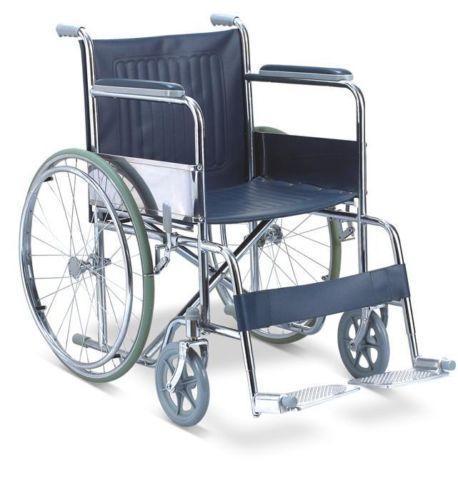In our diverse and ever-evolving world, the significance of inclusivity and understanding cannot
be overstated. Among the many facets of diversity, visible disabilities occupy a prominent
place, challenging societal norms and perceptions. A visible disability is one that is readily
apparent to the naked eye, and immediately noticeable when observing or interacting with an
individual.
In the realm of genetic disorders, muscular dystrophy stands as a formidable challenge,
affecting individuals across the globe.
Muscular Dystrophy (MD) is a group of genetic disorders characterized by progressive muscle
weakness and degeneration. It affects both children and adults, impacting their mobility,
muscle function, and overall quality of life. MD is caused by mutations in genes responsible for
producing proteins essential for maintaining the structure and function of muscle fibers.
There are several types of MD, including Duchenne MD, Becker MD, Myotonic MD, and
Facioscapulohumeral MD, among others. Each type varies in terms of onset, severity, and areas
of the body affected.
Duchenne MD, the most common type, primarily affects boys and is usually diagnosed in early
childhood. It leads to the progressive loss of muscle strength, making walking and mobility
increasingly challenging. Becker MD, on the other hand, has a later onset and progresses more
slowly.
While there is no known cure for MD, treatment aims to manage symptoms, slow down
progression, and improve quality of life. This can include physical therapy, assistive devices,
respiratory support, medications, and sometimes surgery.
Research and advancements in gene therapy and genetic editing hold promise for future
treatments and potential cures. Clinical trials are underway to explore innovative therapies
targeting the specific genetic mutations associated with different forms of MD.
In addition to medical intervention, support networks, patient advocacy groups, and specialized
healthcare professionals play a crucial role in providing emotional support, resources, and
education for individuals and families affected by MD.
Raising awareness about Muscular Dystrophy is essential for fostering understanding, empathy,
and support within communities. By supporting research, promoting inclusivity, and advocating
for improved access to care and resources, we can make a meaningful difference in the lives of
those living with MD and their loved ones.

